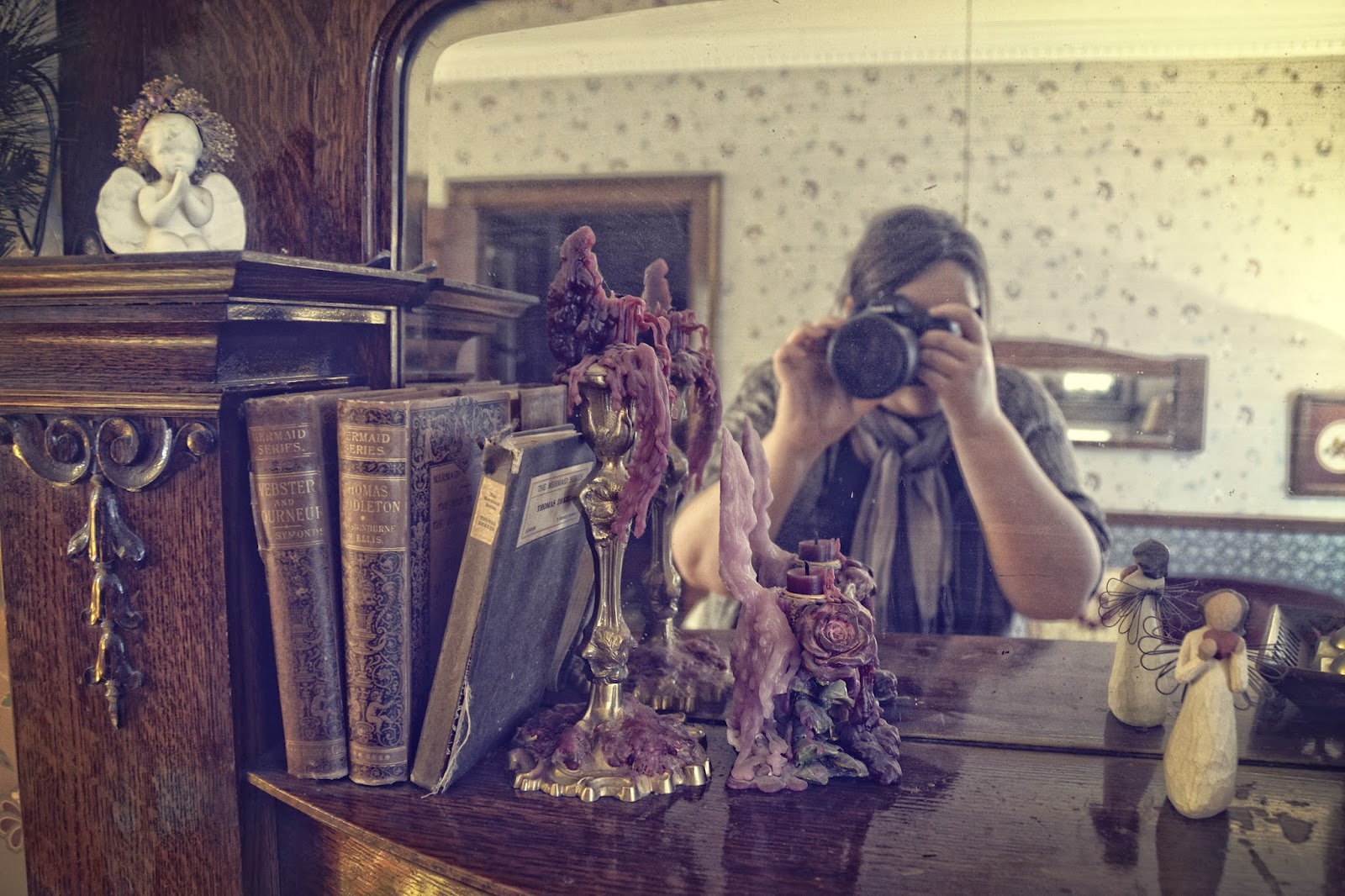
Paul Rand: So if games are just a system of conflicts and objectives with defined rules, could you think of all of life as a game? Patrick Jagoda: A game is a formal system in which players engage in artificial conflicts that are defined by rules and lead to different objectives. Paul Rand: Before we get into the surprising power of these alternate reality games, we need to start with the most basic question: What is a game? Paul Rand: From the University of Chicago Podcast Network, this is Big Brains, a podcast about the pioneering research and pivotal breakthroughs that are reshaping our world. Patrick Jagoda: For both of us and our other collaborators, game design is a powerful mode of reshaping norms and the rules that we live by. Paul Rand: The pair are part of a group called Fourcast Lab at the University of Chicago, which builds alternate reality games that aren’t just played for fun, but are meant to reshape the way players understand important issues like climate change, marginalization and public health-and to take those ideas back into the real world. But also, I see games as some of the most important social and cultural technologies that we have in the 21st century. Patrick Jagoda: When Kristin and I play games together, she always wins. Of course, they also love playing video games themselves, and they’re life partners-technically, our first Big Brains couple. Paul Rand: Jagoda and Schilt are a team that breaks down what games are, how they’re changing our world and why they may be the future of education. Tape: My interest in this came that games are such an important medium today for people, that it’s a way to really think about how can you reach a broader audience with your work. Paul Rand: And that’s Kristen Schilt, a sociologist who focuses on gender, race and sexual identity at the University of Chicago. It’s studying games as a way to think about the world, particularly chess usually.

Tape: There’s a long history in my field of sociology. Kristen Schilt: It’s an entire world of just 64 squares.

Or the upsurge in chess after The Queen’s Gambit on Netflix. Patrick Jagoda: Or Animal Crossing players. Tape: A 16-year-old from Pennsylvania won the first-ever Fortnite World Cup on Sunday, and get this, he netted $3 million in the process. Patrick Jagoda: We talked a lot about games that people play, so the explosion of Fortnite players… Paul Rand: That’s Patrick Jagoda, a humanities scholar at the University of Chicago, who focuses his research on games.

Patrick Jagoda: It’s a media form that’s more popular than cinema or print fiction, and games give us different constraints for negotiating rules differently, and sometimes changing the world. There are about 2.5 billion gamers in the world today. Paul Rand: What is the biggest form of media today: movies, music, books? Actually, none of those. Deadline for spring cohort start is December 15th. Designed for working professionals, you’ll learn quantitative approaches to addressing society’s most challenging issues.

Paul Rand: Build your data science and analytical toolkit with the UChicago Harris School of Public Policy Evening Master’s Program.
ALTERED REALITY HOW TO
And two scholars at the University of Chicago are re-thinking how to leverage them in a way to address some of the world’s biggest issues. With 2.5 billion gamers today, games are set to be the type of media that most defines our world. What is the most popular form of media today: Movies? Music? Books? Nope, it’s video games.


 0 kommentar(er)
0 kommentar(er)
